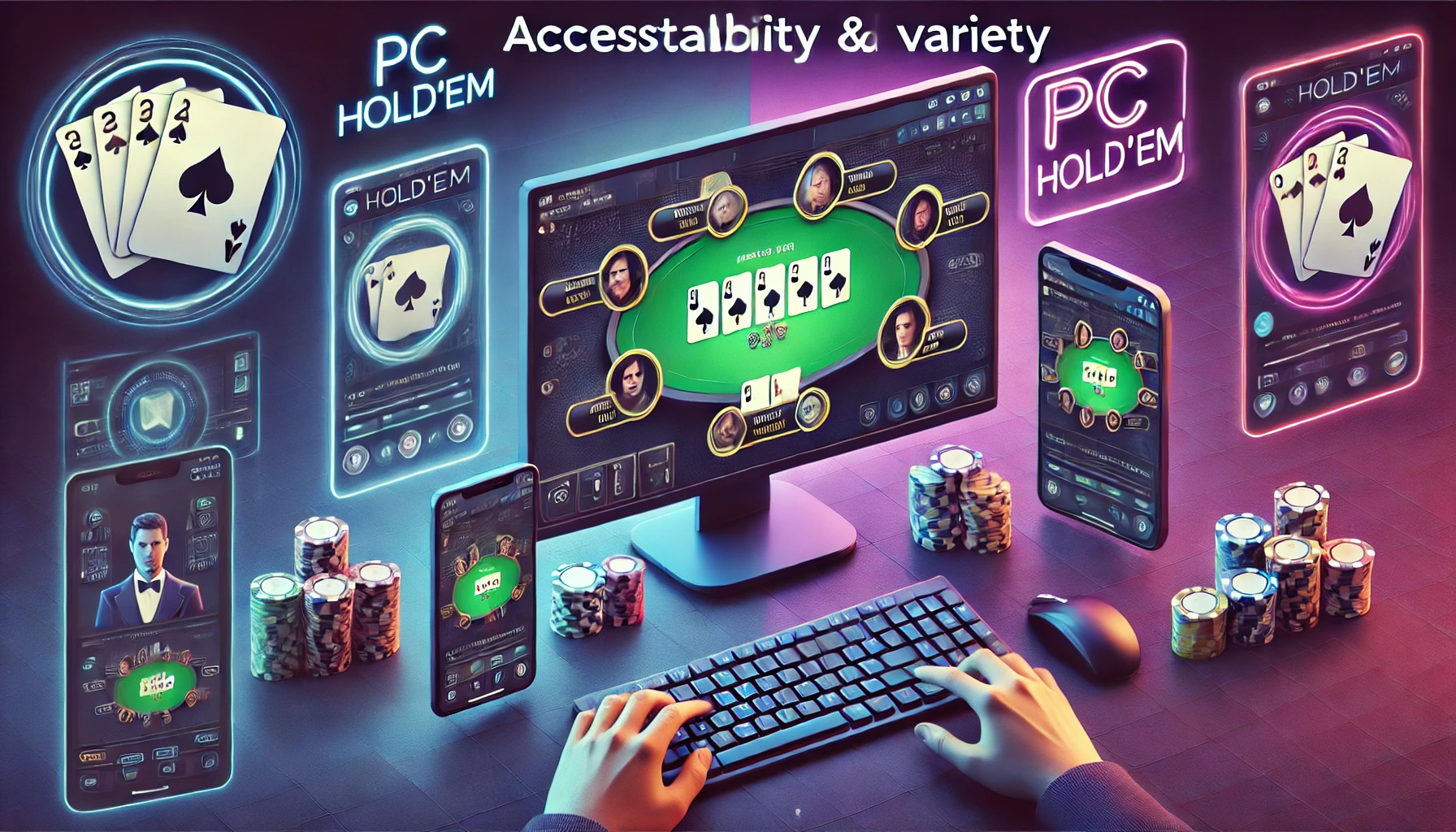The world of online Hold’em tournaments has evolved into a massive competitive scene that attracts players from all over the world. In Korea, 온라인 포커 추천 the growth of online Hold’em platforms has created an exciting space for both beginners and professionals to participate in safe, fair, and rewarding poker environments. Verified platforms such as Poker League, Point Hold’em, and Black Poker have become household names for players looking to join secure and well-structured tournaments that offer high rewards and thrilling gameplay. Through holdem-lounge.com, enthusiasts can explore these trusted sites and find opportunities to showcase their skills, test their strategies, and earn real cash prizes in a professional setting.
The Rise of Online Hold’em Tournaments in Korea
Online Hold’em, or 텍사스 홀덤 온라인, has become more than just a casual pastime—it’s now a competitive sport of strategy, patience, and psychological skill. The surge of verified and regulated 홀덤사이트 platforms in Korea has allowed players to experience world-class tournaments without leaving their homes. From private Hold’em sites to official poker league events, these tournaments are structured to replicate the intensity of live casino Hold’em while offering flexibility and accessibility.
Players can choose from daily freerolls, weekly events, or major championship tournaments where the stakes are higher and the rewards more substantial. Online 홀덤 순위 (online hold’em rankings) systems keep track of player performance, adding a layer of competitiveness and credibility to the game. These rankings motivate players to continuously improve their gameplay and strategy.
Verified Hold’em Platforms Ensuring Safety and Transparency
Trust and fairness are vital elements in any online poker environment. Verified platforms in Korea ensure that players can participate without fear of fraud, data theft, or unfair manipulation. Each site featured on holdem-lounge.com, such as Poker League and Black Poker, undergoes continuous evaluation for fairness, transparency, and payout reliability. These platforms operate under strict guidelines and encryption standards that protect both player identity and transactions.
For those interested in mobile 홀덤 추천 (mobile hold’em recommendations), several apps and platforms provide optimized mobile versions so players can join tournaments from their smartphones or tablets. Whether playing in a PC Hold’em or mobile Hold’em environment, the gameplay remains consistent and professionally managed. This multi-platform flexibility allows players to experience uninterrupted gaming wherever they are, whether at home or on the go.
Tournament Structures That Reward Strategy and Skill
Online Hold’em tournaments are structured to accommodate different types of players. Some are designed for beginners who want to learn the basics of poker strategy, while others cater to experienced professionals seeking high-stakes cash Hold’em competition. Common formats include Sit & Go tournaments, multi-table tournaments, and satellite events leading up to major finals.
The rules typically mirror Texas Hold’em standards, where players compete to form the best possible five-card poker hand. However, what sets online tournaments apart is the inclusion of dynamic blind levels, re-entry options, and bounty elements. These structures test a player’s adaptability and endurance, making each event a unique mental challenge.
Moreover, mobile 홀덤 캐쉬 게임 (mobile hold’em cash games) provide instant rewards, allowing players to practice strategies that can later be applied in tournaments. The combination of skill, patience, and calculated risk-taking transforms online poker into a form of mental sport where every decision matters.
Rewards and Incentives in Online Hold’em Tournaments
One of the key attractions of joining verified online Hold’em tournaments is the opportunity to win substantial rewards. High-reward structures are standard across leading Korean poker platforms. From cash prizes and leaderboard bonuses to entry tickets for exclusive events, players have multiple ways to profit from their participation. The best part is that even free Hold’em games (무료 홀덤 게임) often provide real prizes or credits that can be used in future events.
Casino Hold’em and online Hold’em tournaments differ slightly, but both emphasize fairness and entertainment. Cash Hold’em (캐쉬 홀덤) formats offer immediate payouts, while tournament-based formats challenge players to build stacks strategically over multiple rounds. For those seeking thrill, endurance, and mental engagement, these tournaments represent the ultimate poker experience.
Verified 홀덤사이트 platforms prioritize fair competition by using random number generators and transparent payout systems. This ensures that outcomes are based purely on skill and luck, maintaining a level playing field for all participants.
The Competitive Edge: Strategies for Online Hold’em Success
To excel in online poker, players must master a balance of mathematics, observation, and psychological tactics. Bluffing, reading opponents’ betting patterns, and managing bankrolls are essential elements of success. Since online environments differ from live casinos, players rely more heavily on timing and bet sizing rather than facial cues.
Tournaments also demand stamina and emotional control. With hundreds of players competing simultaneously, maintaining focus is crucial. Successful players know when to fold weak hands, when to apply pressure, and how to adjust strategies as blind levels rise. Many experts recommend practicing through free Hold’em games before joining higher-stake tournaments.
On holdem-lounge.com, players can access educational materials, strategy guides, and community discussions that help them refine their poker approach. Whether you prefer PC Hold’em or mobile Hold’em platforms, continuous learning remains the key to long-term success.
The Future of Online Hold’em Tournaments in Korea
The online poker scene in Korea is expanding rapidly, with more platforms offering secure payment systems, improved gameplay interfaces, and cross-device compatibility. Innovations such as AI-powered fair play detection and virtual poker rooms are shaping the future of the industry. Players now have access to a wider range of verified private Hold’em sites (사설 홀덤사이트) that cater to different skill levels and preferences.
As more players join tournaments from around the world, the competitive landscape continues to evolve. The blend of skill, luck, and endurance that defines Hold’em ensures that every match is unique. For those looking to start their journey or enhance their professional experience, joining verified online Hold’em tournaments is the ultimate step toward mastery.
The thrill of competition, the satisfaction of strategy, and the opportunity for real rewards combine to make this one of the most exciting online gaming experiences available today. For anyone ready to test their limits, holdem-lounge.com remains the trusted gateway to Korea’s best and safest online Hold’em tournaments.








